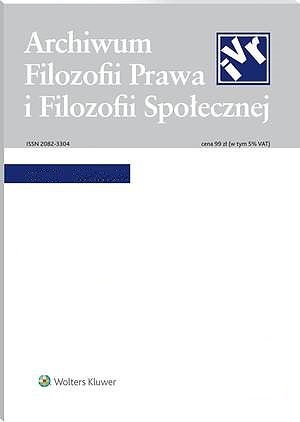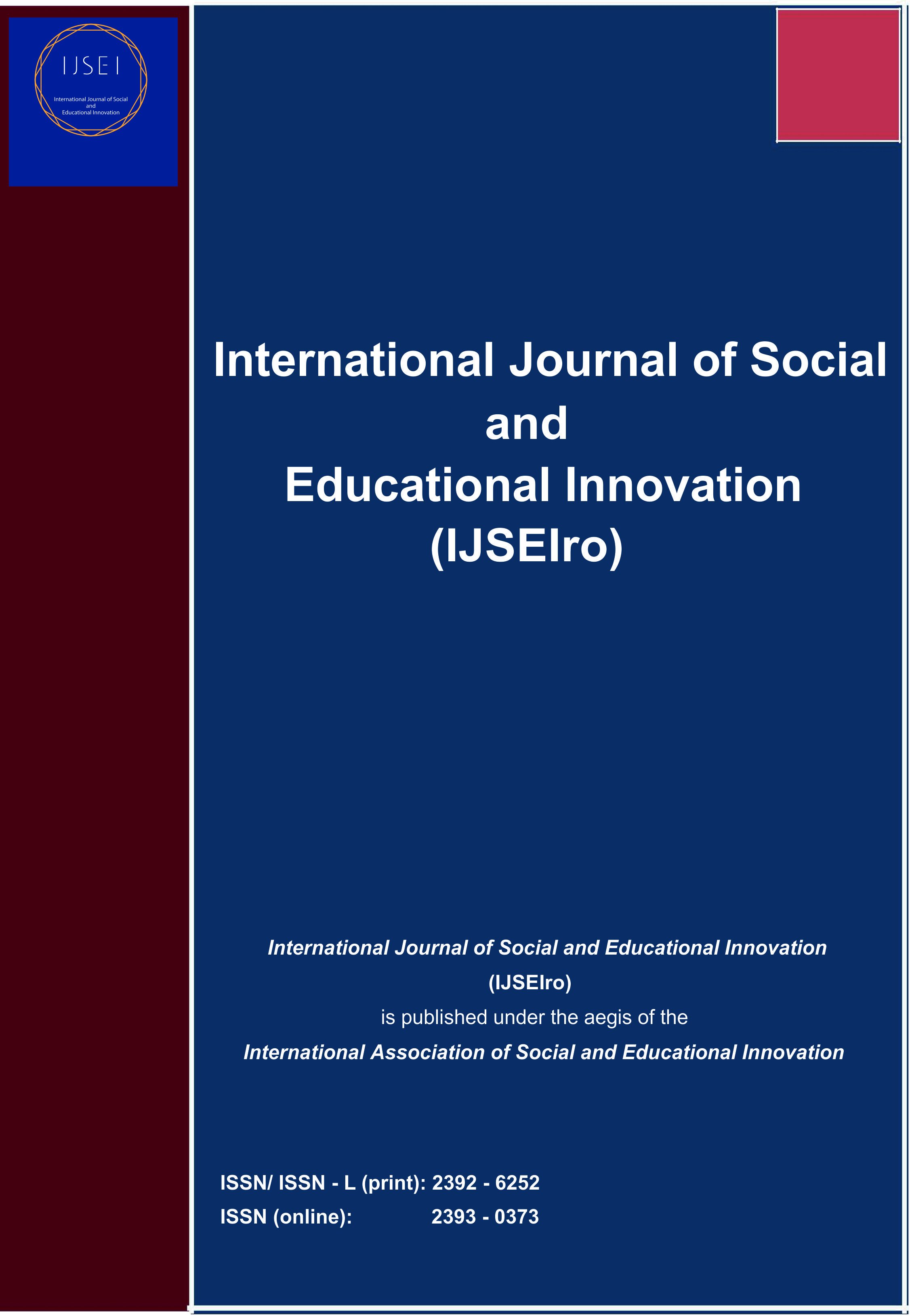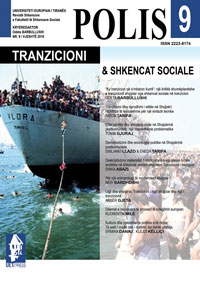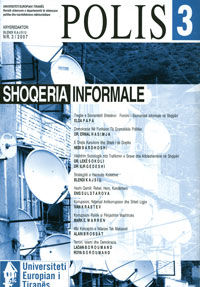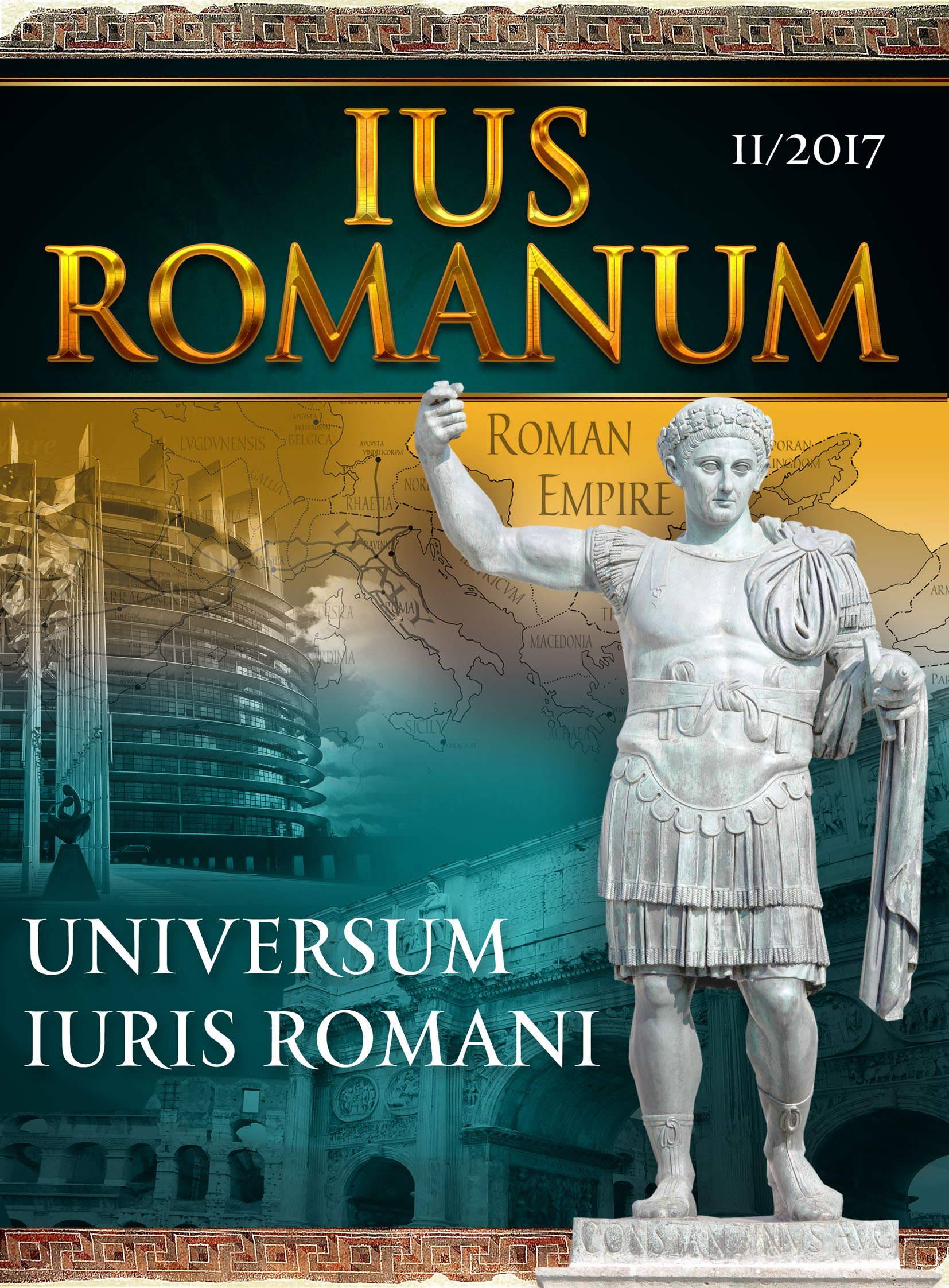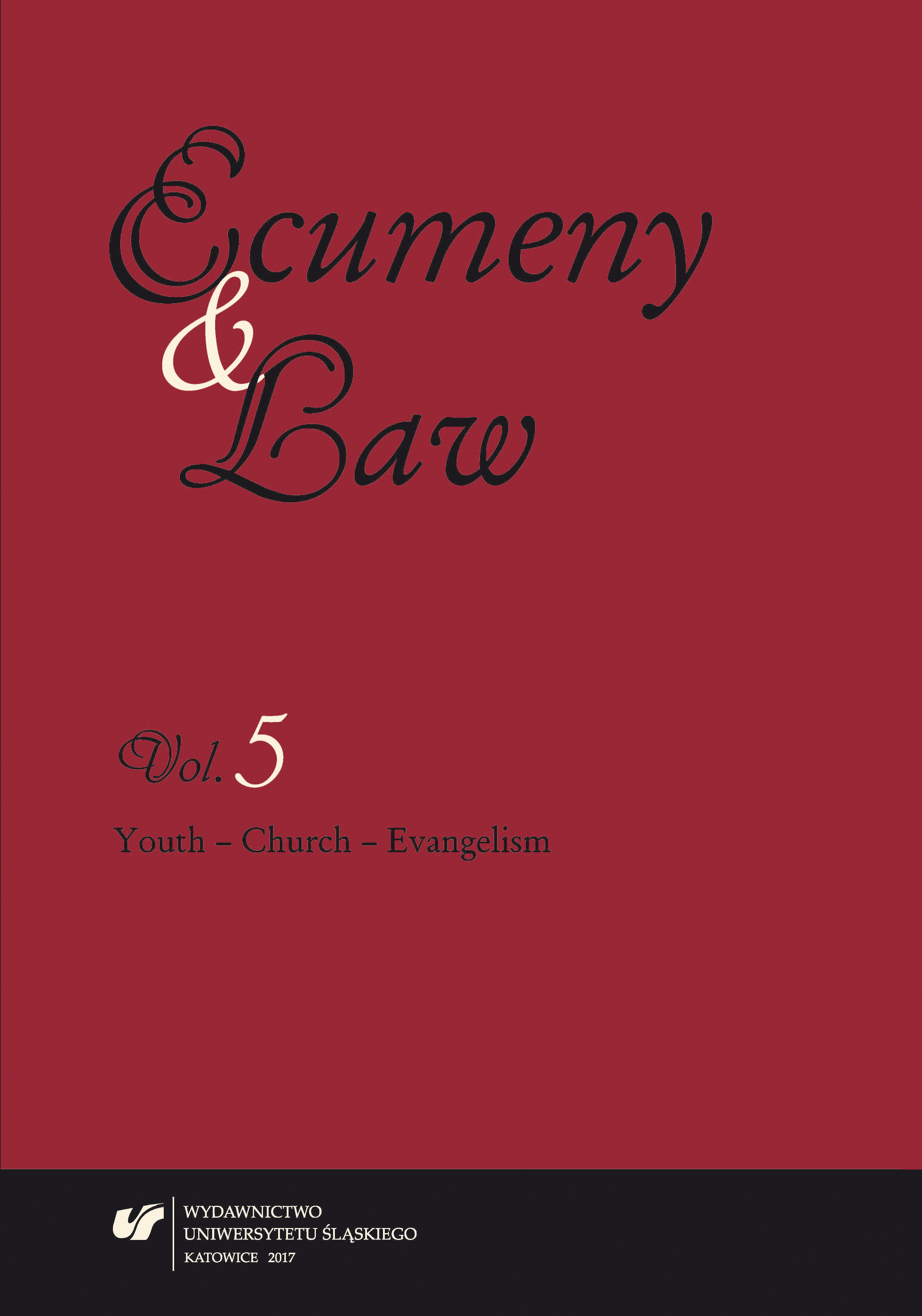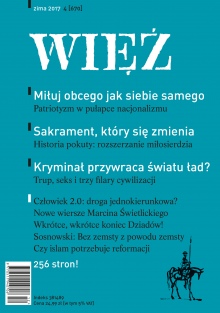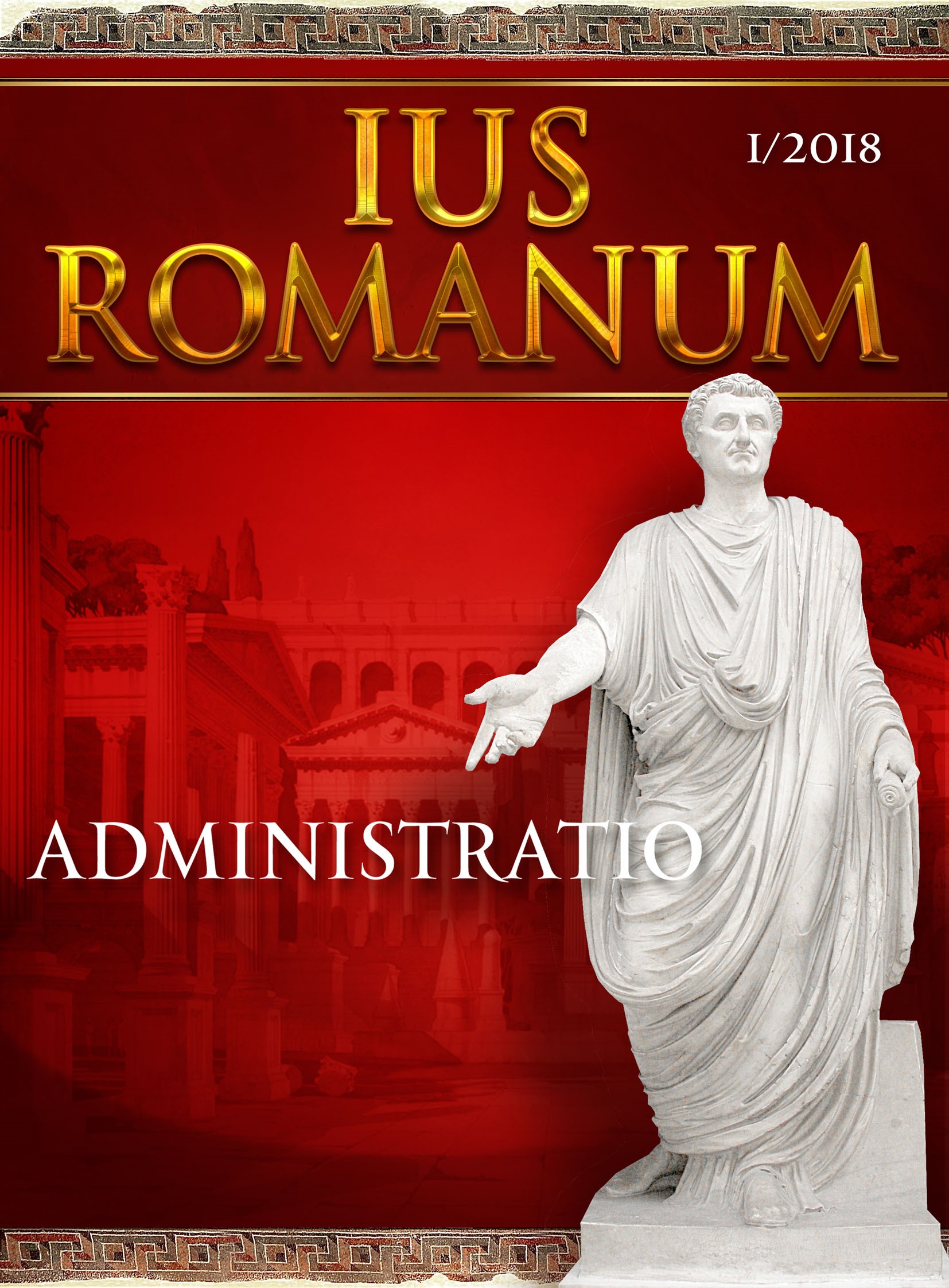Author(s): Ermal Hasimja / Language(s): Albanian
Issue: 3/2007
A mund të përdoret analiza e gramatikës politike të Kanunit, qoftë si pikënisje historike, qoftë si metaforë politike, për analizën e gramatikës politike aktuale? Studimet e deritanishme mbi Kanunin dhe organizimin politik të ngritur mbi të priren të ndriçojnë aspekte kryesisht etnologjike apo juridike. Punime të tjera, sidomos të së shkuarës, rreken të qëmtojnë veçori juridike që do të mund të përdoreshin si argumente të një përpjekjeje të shqiptarëve për ndërtimin e strukturave që “duhen parë” si zëvendësuese apo imituese të shtetit. Ky nivel i dytë analize gjendet në të njëjtën ulli me konceptimet nacionaliste të së shkuarës. Gjergj Fishta (1999/1933) apo Shtjefën Gjeçovi (1999/1933) janë përfaqësuesit më të ndritur të kësaj rryme. Në fakt, kalimthi mund të thuhet këtu se organizimi politik mbi bazat e së drejtës zakonore shqiptare (në këtë rast Kanunit), jo vetëm që nuk synonte zëvendësimin apo imitimin e shtetit, por të kundërtën e plotë, pengimin e zhvillimit të strukturave shtetërore (Hasimja, 2006)1 . Sidoqoftë, ky qëndrim është i nevojshëm këtu vetëm për një pikënisje analitike të gramatikës së organizimit politik sipas së drejtës zakonore shqiptare. Një vërejtje e parë mund të ishte se nga pikëpamja historike, Kanuni zbatohej vetëm në një pjesë të kufizuar të vendit. Pa i hyrë këtij debati, mund të thuhet se kjo pjesë nuk ishte e neglizhueshme. Nga ana tjetër, e drejta zakonore duket se ka luajtur një rol të rëndësishëm paralelisht me të drejtën pozitive të administratave qendrore. Megjithatë, në optikën e këtij shkrimi, gramatika politike e së drejtës zakonore është e rëndësishme më tepër si një pikënisje krahasimore dhe minimalisht si një metaforë politike, sesa si një shtjellim i ndikimit historik. Me gramatikë politike kam parasysh strukturimin e brendshëm normativ të kuvendimit (deliberimit) në gjirin e bashkësisë tradicionale të rregulluar nga e drejta zakonore. Në këtë tekst do të analizoj përballtazi dy modalitete të funksionimit të gramatikës politike. Për të arritur këtë, së pari, do të shikoj marrëdhëniet e individit dhe bashkësisë me etikën apo moralin bashkësor dhe së dyti, do të relievizoj veçoritë e një gramatike demokratike nga një pikëpamje më normative. Elementet empirike janë në fakt këtu më tepër një mbështetje e analizës konceptuale. Qëllimi përfundimtar është të ravijëzoj trajtën e një gramatike politike mbi të cilën mund të ndërtohen një e drejtë dhe institucione demokratike. Autorë të ndryshëm kanë bërë të njëjtën gjë nisur nga baza të pastra teorike. Personalisht, mendoj se krahasimi me gramatikën politike bashkësore (të paktën në formën e një tipi-ideal) na jep mundësinë të kuptojmë më qartë sfidat e së tashmes.
More...
